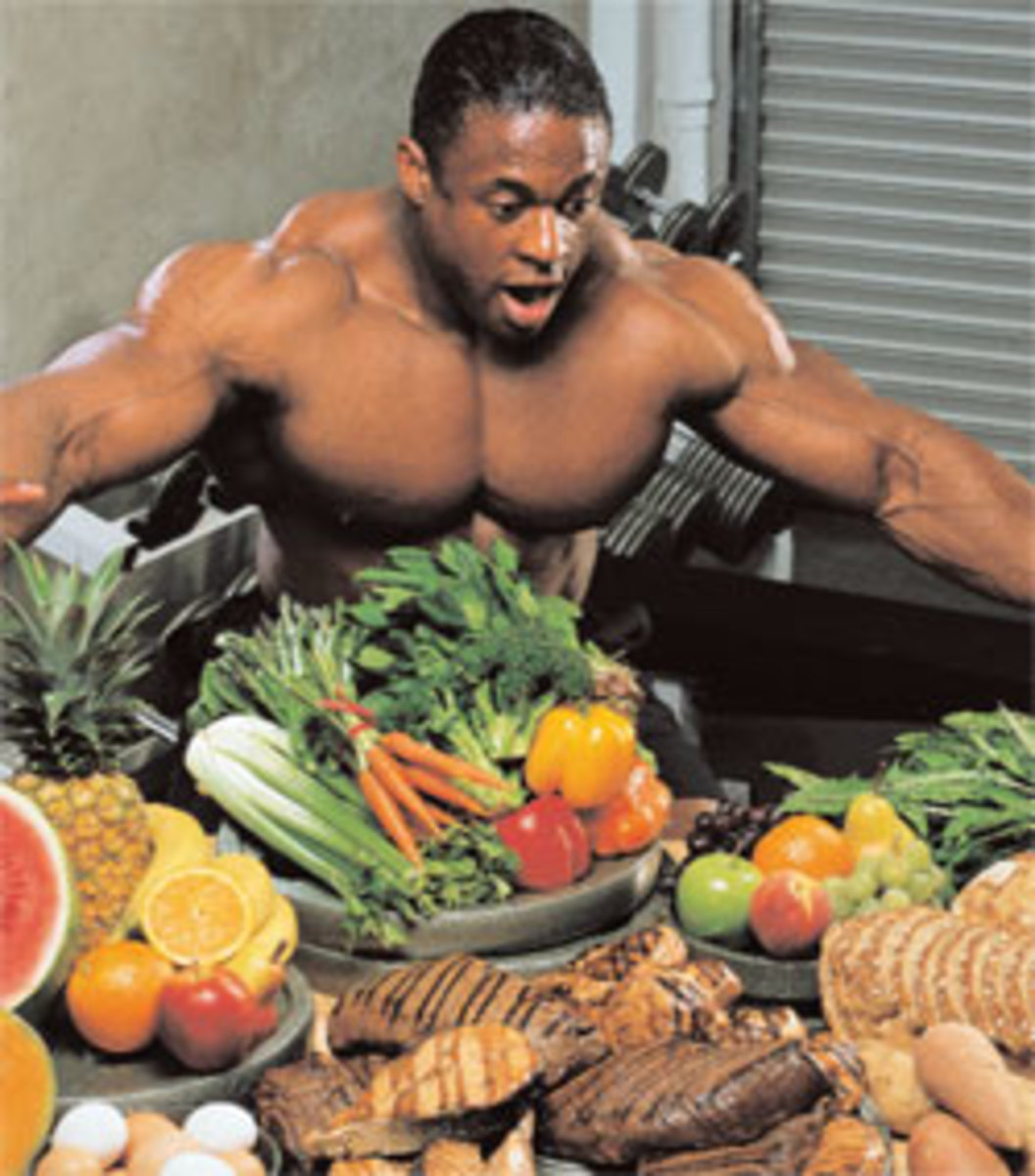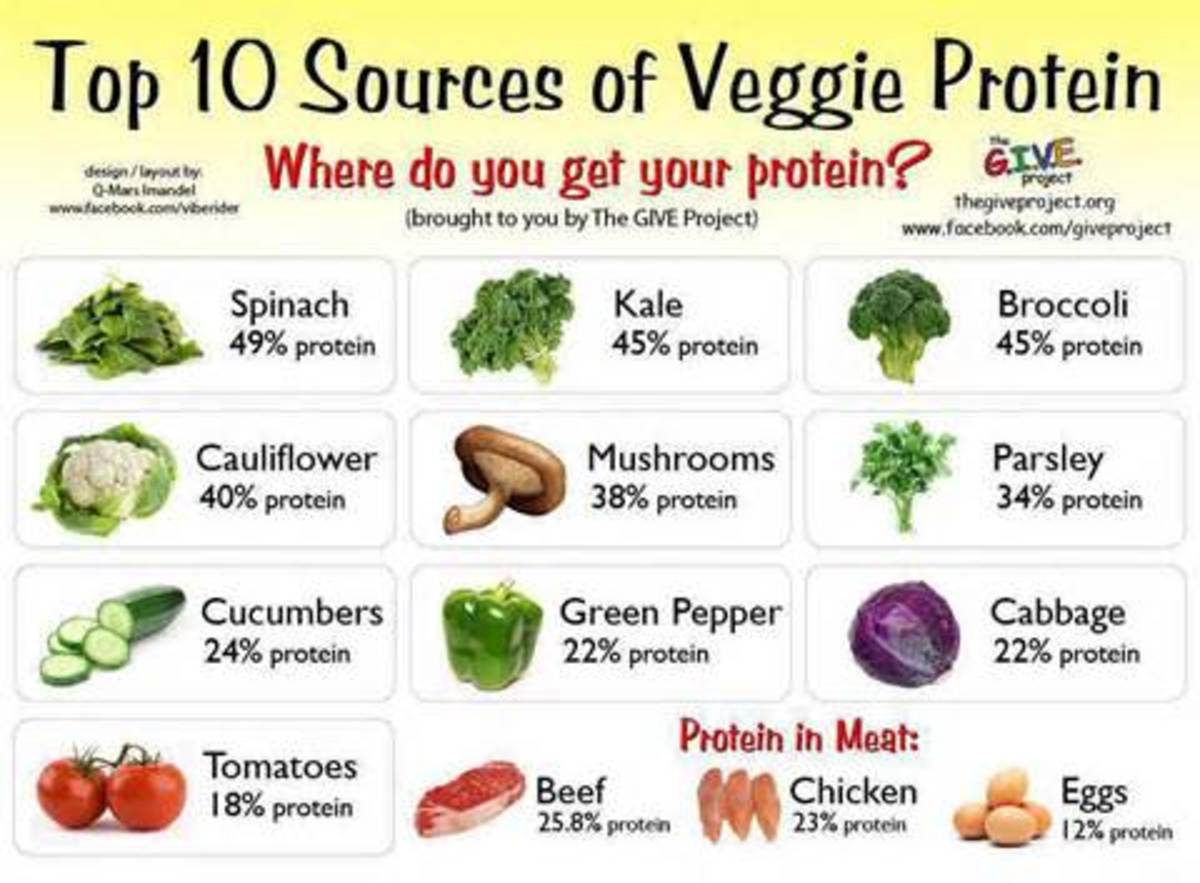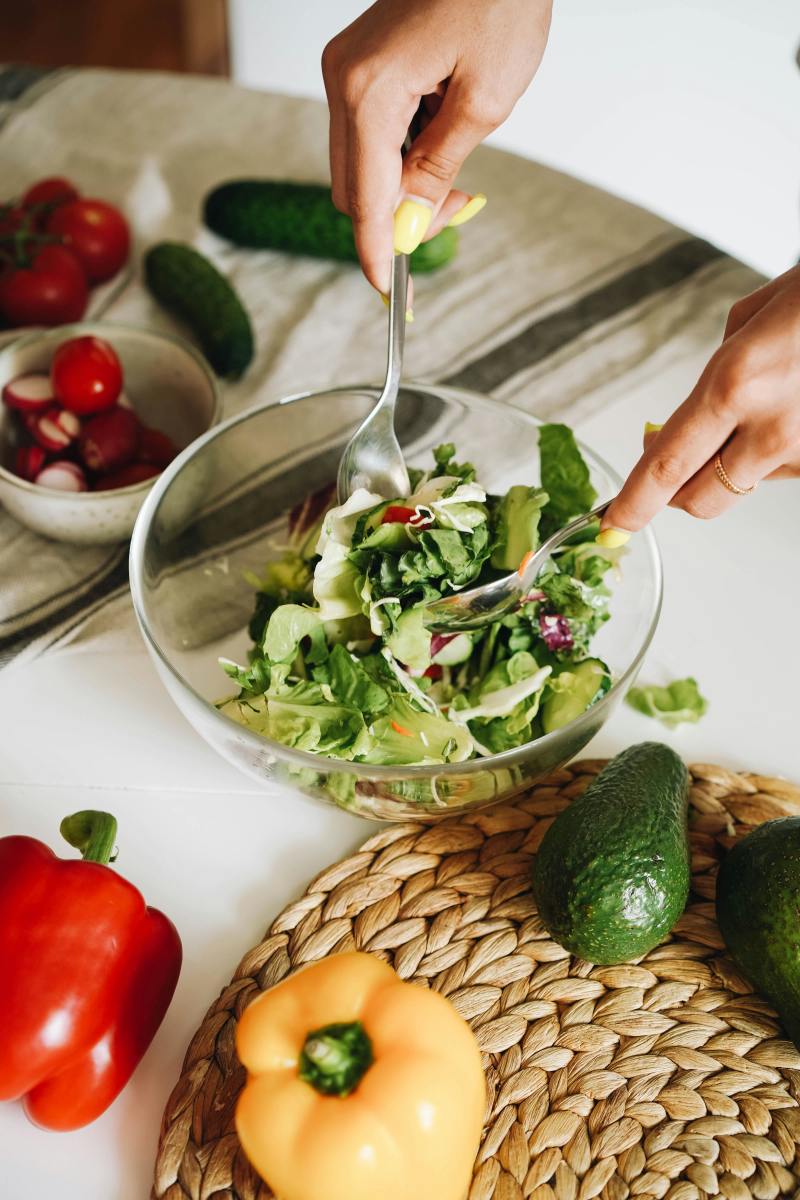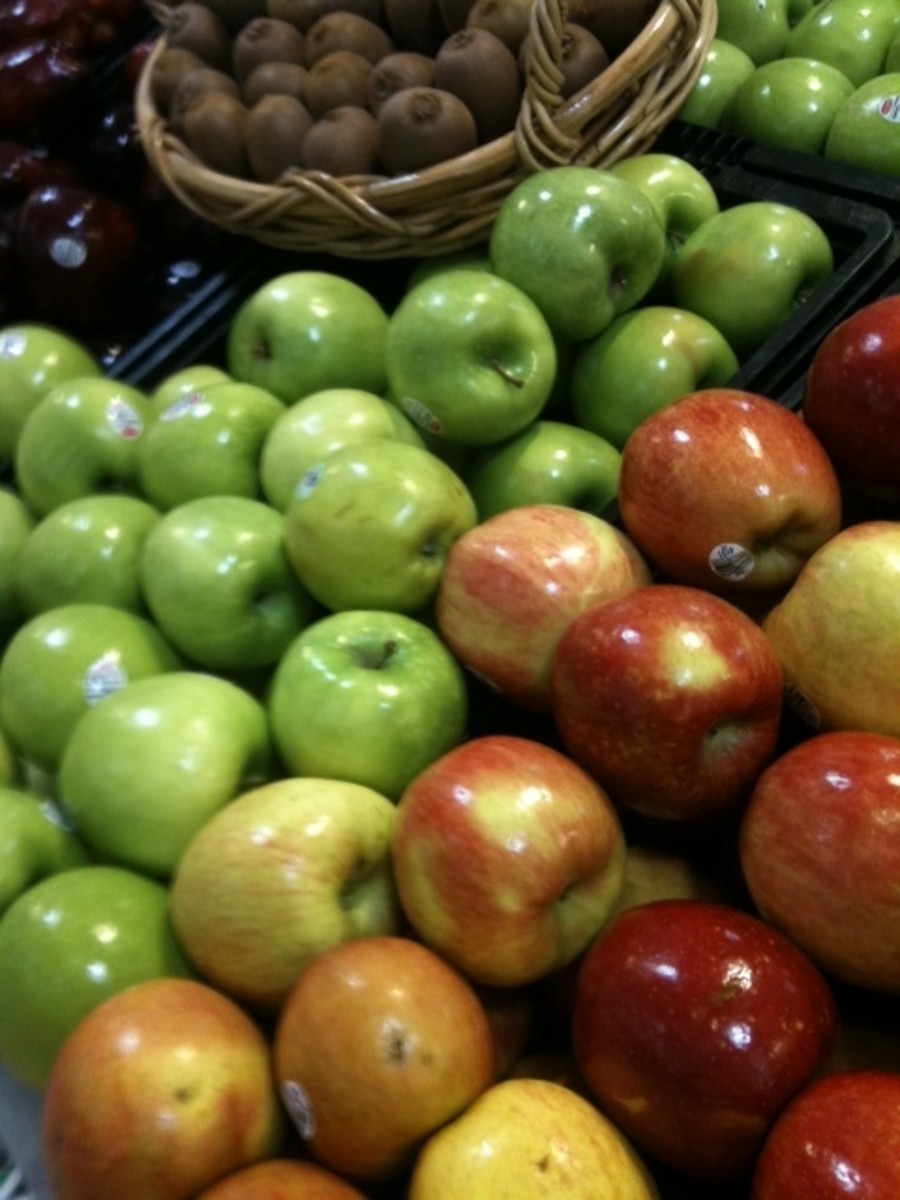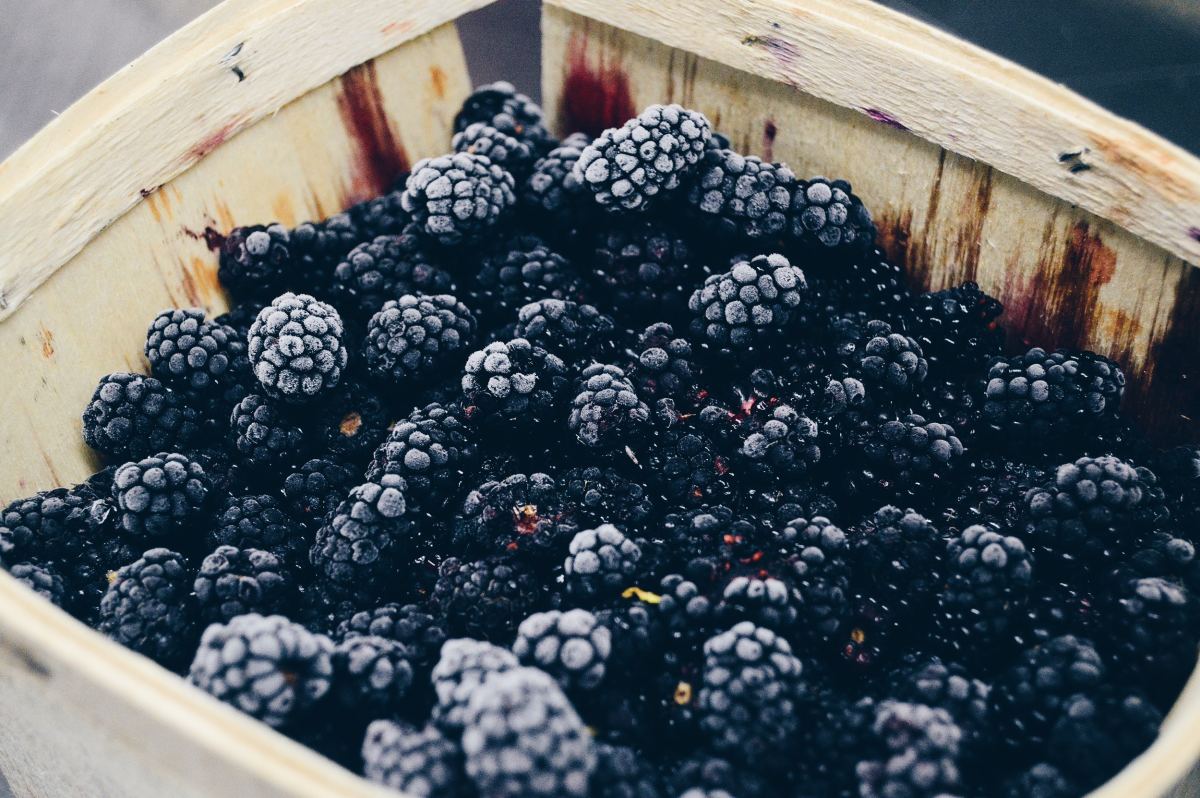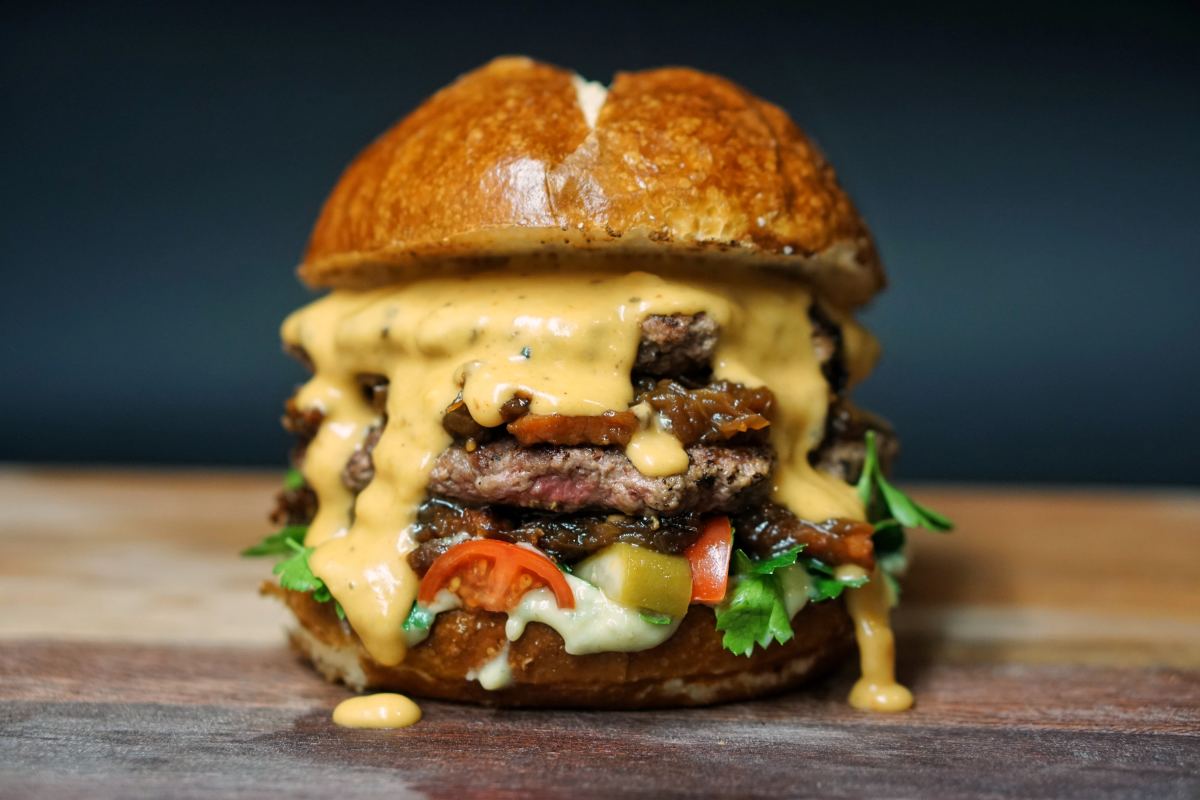The vegetarian diet: an essential guide to staying healthy
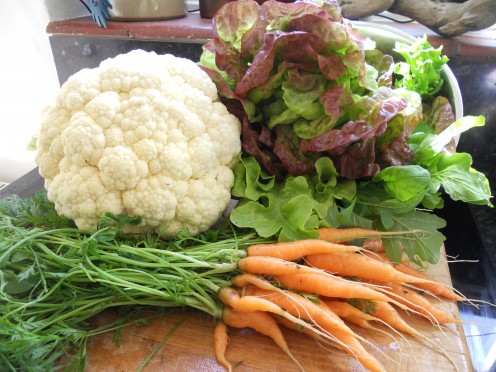
Becoming a vegetarian is a lifestyle choice that needs careful consideration. Whatever your reasons for choosing a vegetarian diet it is important to make sure you eat a well balanced diet, so a little research before you begin is a good idea. This article aims to give you an overview of basic dietary requirements and how to be a successful vegetarian.
A vegetarian diet is a very healthy choice if done properly. The fibre rich diet ensures good inner workings, and can relieve many dietary related complaints such as type 2 diabetes, constipation, obesity, heart problems, cholesterol related problems and much more. Some studies suggest that vegetarians are less prone to certain types of cancer and heart disease.
The important elements in your diet are protein, vitamins and minerals, fibre and carbohydrates. If you make sure you get the right balance of these dietary requirements you should have no problems. Take some time to read up on the things you need, and make sure you know where to get them and how to cook them. A comprehensive vegetarian cookery book is a good place to start.
In a vegetarian diet the main sources of protein are nuts, beans, pulses, eggs and dairy products, and it is a good idea to utilise at least one of these in each meal. Dairy products are in a different food group to the others, so don't rely solely on these for your protein intake - mix it up a bit. Check out your individual protein requirements, it varies depending on gender, age, lifestyle and body weight, but you will probably find you need less than you think.
Vitamins and minerals are essential to good health, and a plentiful supply of fresh fruit and vegetables, whole grains, nuts and seeds should ensure that you get all that you need. Some vitamins, where the main source is usually from meat or fish, should be noted.
- Vitamin D, usually obtained from oily fish and liver in an omniverous diet, is available in eggs and vegetable margarines.
- Vitamin B12 can be found in yeast extracts and dairy products.
- Green vegetables such as cabbages, spinach and parsley are particularly rich in iron and folic acid.
- It is important to get plenty of vitamin C from fresh fruit or juices, as this helps the body absorb iron.
Fortified breakfast cereals are also a good source of many of these vitamins and minerals, but try to avoid the sugary ones if you're trying to eat healthily! Lack of iron and certain vitamins can result in anaemia, or other deficiency related illnesses.
There are some very good alternatives to meat on the market these days, lots of soya and vegetable-protein based sausages, burgers, nut roasts etc. which make life pretty easy for the vegetarian who doesn't want to spend all day soaking lentils and chopping nuts. Most vegetarian recipes, however, are pretty easy to make, cost very little and taste delicious, so well worth the trouble if you have the time.
Easy vegetarian recipes from Imogen French
- Vegetarian Main Courses - Winter Vegetable Hot-Pot
A recipe for vegetarian hot-pot, a lovely winter-warming dish that is both tasty and nutritious, also suitable for vegans. - Vegetarian Main Courses - Cheese, onion and potato bake
An easy recipe for cheese, onion and potato bake. Easy to make with simple, cheap ingredients, this dish is a great standby for a quick vegetarian meal. - Vegetarian main course: Pasta with shallots, green beans and pesto
A quick, tasty and simple recipe for a vegetarian meal of pasta with shallots, pesto and green beans. - Bolognese-style spaghetti sauce: vegetarian recipe
A recipe for delicious vegetarian bolognese-style sauce to serve with spaghetti. It makes a hearty and nutritious main course meal suitable for vegetarians and vegans.


